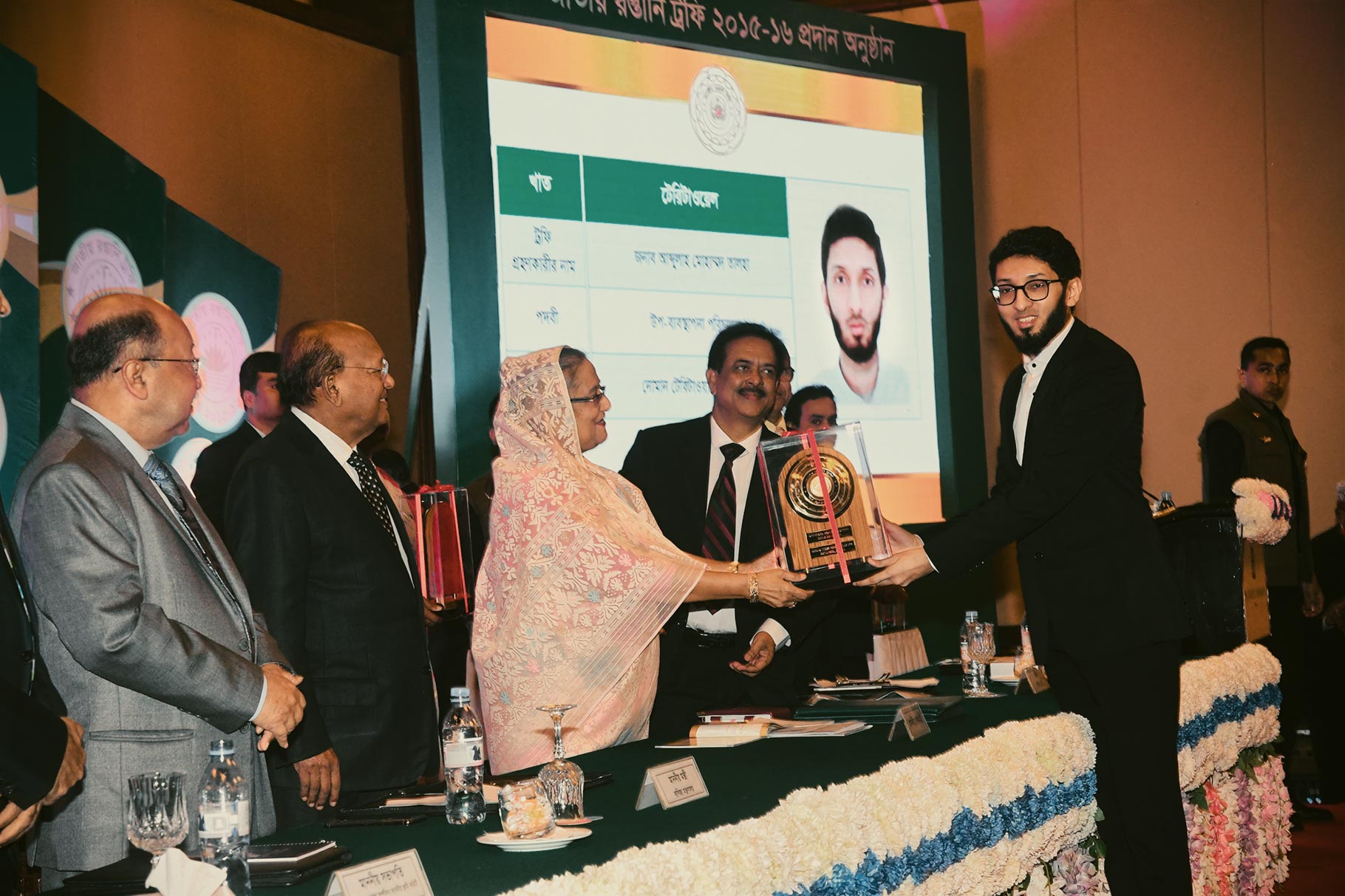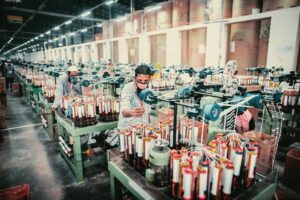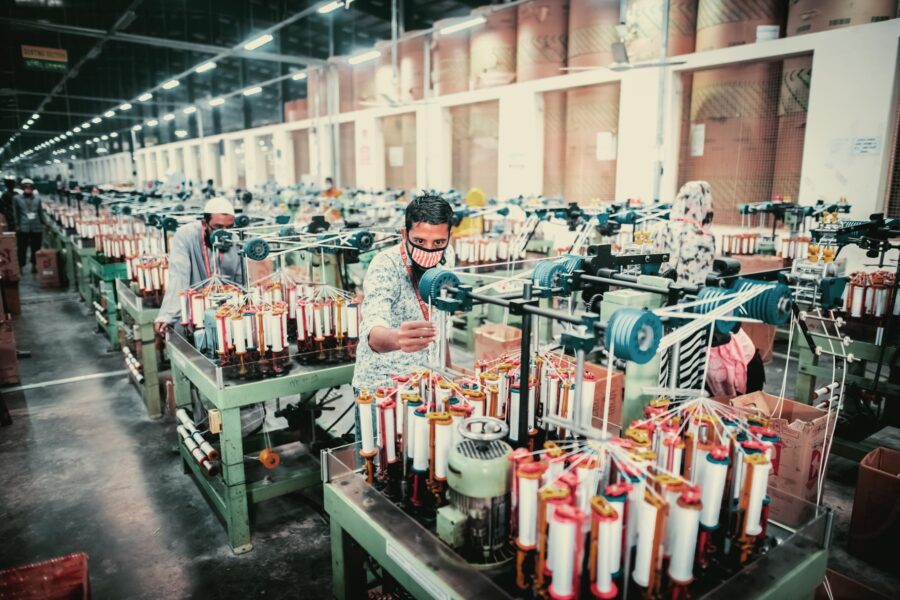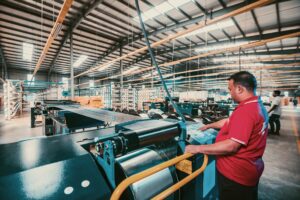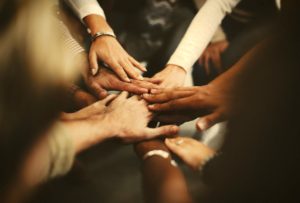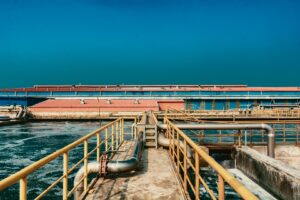The textile has evolved from protection equipment to a self-expressive extension personality. The textile concept has transformed into an activist environmental and functional notion among consumers and world leaders. That is why the brands are pressuring the entire supply chain to equip themselves with ecological, social, and governance systems at the expense of manufacturing.
Although we do not speak for the whole of the industry, being one of the leaders of our industry, we have observed a few sustainable trends.
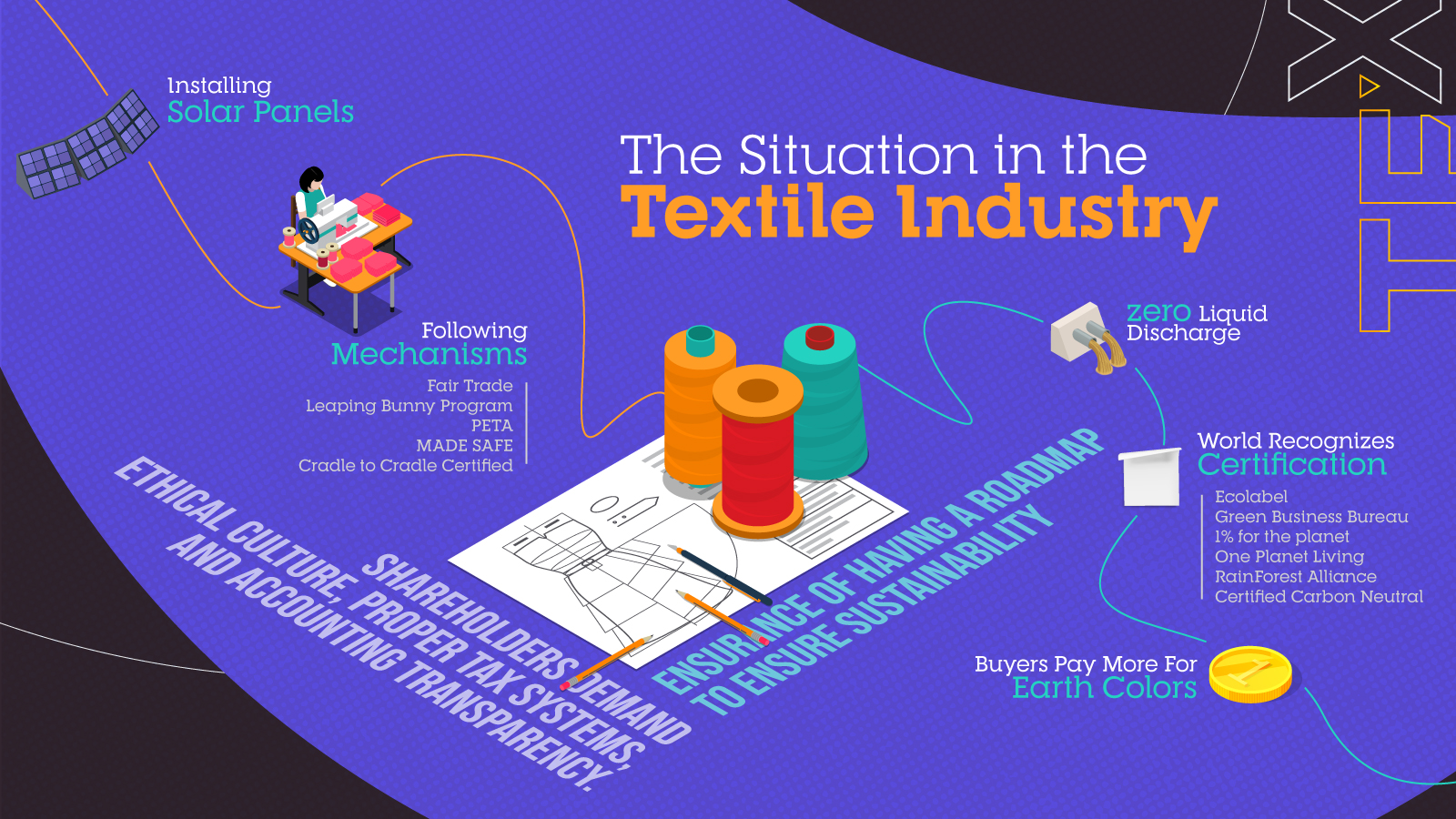
Environment has moved up in the agendas:
The environmental goals have changed from concepts to more practical objectives for the brands and manufacturers before you will see that the ecological checklist is primarily conceptual and mainly based on the measurement systems as a requirement from the brands. Right now, the focus is directly reducing emissions in the atmosphere and water pollution from the ground. That means brands and governments are forcing manufacturers to install zero liquid discharge; buyers are paying more for the products to use more environmentally friendly colors such as earth colors and installing renewable energy sources. Companies such as Pacific Jeans have already begun installing solar panels in Bangladesh. The world has recognized the difference between useless label certification and implementable certifications such as B Corp, FSC for Paper and Pulp oriented businesses, Ecolabel, Green Business Bureau, 1% for the planet, The Company Organisation (ECO), One Planet Living, Rain Forest Alliance, Certified Carbon Neutral, and TRUE Zero Waste Certification. These are pricer and harder to get, but that would be the future, if not this particular certification but certifications that know what they are doing. The end will force us to invest in technology that will decouple pollution per production unit. There are two ways people will offset the emission. One side will reduce it during their operation or invest in a non-operational community or non-profit organization to help them. Some products will positively impact the environment, like recycled products from more sustainable materials and processes.
Social Responsibility has become more than bare requirements:
Social Impact, that matter beyond just bare requirement from the ILO and government, will continue to become mainstream. Social work in the last generation ensured the quality of the work environment and pay based on government law. It continued to provide workplace safety when Accord and Alliance invaded Bangladesh. But the companies will focus on financial security, physical and mental health, wellness, career development, engagement, and satisfaction. For the community, companies will need to diversify, create equity and inclusion, causes economic impact, engage in civic work and give, and adequately manage the supply chain. The world will follow mechanisms such as Fair Trade, Leaping Bunny Program, PETA, MADE SAFE, Cradle to Cradle Certified, and many more.
Governance has become the norm from administration:
The brands and manufacturers must adapt by adopting accountability, transparency, fairness, and responsibility. Beyond that, the board and the shareholders demand ethical culture, anti-corruption measures, proper tax systems, and accounting transparency. They also want to ensure the appropriate selection of future leaders, activism about the environment, engagement in dialogue, and committee-based decision-making from the top management.
Planning the future is already too late:
The future of business will be more challenging as the demand has slowed down, and people require higher sustainability in the product lifecycle. Brands and manufacturers should ensure that they have a roadmap to ensure sustainability; many demands it.”

